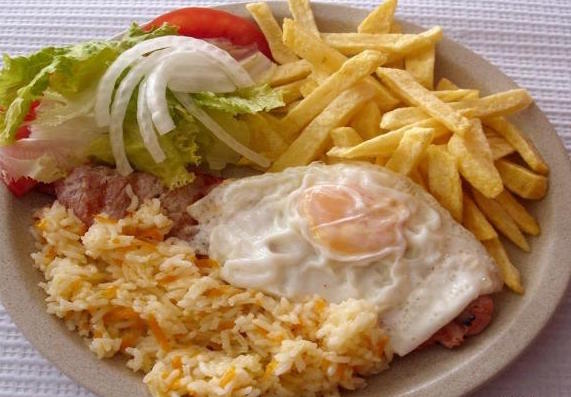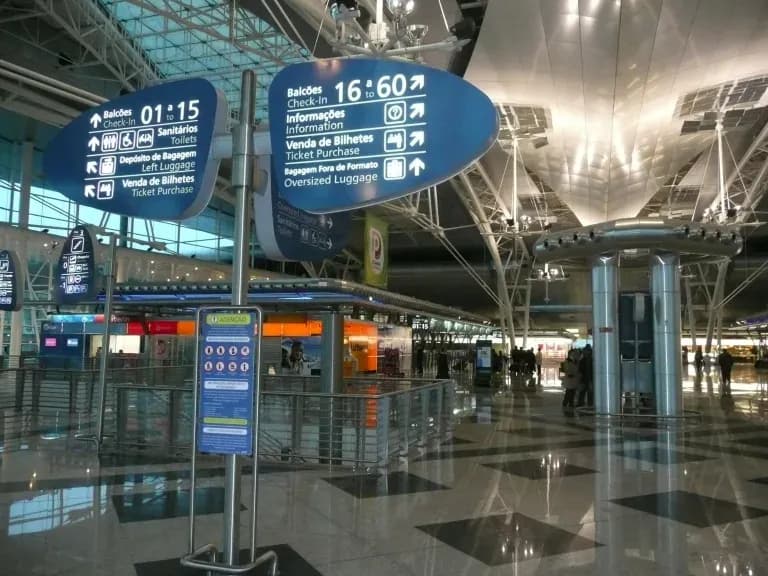
Are you familiar with the Portuguese rhythm of life ? Meal times, work hours, social outings, and even shop schedules follow a pattern quite different from what you might be used to in Northern Europe. Adapting can be surprising, but it’s also a wonderful way to understand local culture and experience a more authentic side of Portugal!
Unlike in France or Germany, Portuguese timings reflect a lifestyle marked by conviviality and the gentle Mediterranean climate. Whether you are a tourist, an expat, or simply curious, this guide will give you a complete overview of Portuguese daily life, from late meals and long lively evenings to essential coffee breaks.
Meals, the Pillars of the Day in Portugal
Breakfast
Portuguese breakfast is simple and often involves a quick stop at a café or bakery. Options include café, bica, pingo, meia de leite, galão, or abatanado. A short espresso, known as a “bica” in Lisbon, or a galão (milk coffee) paired with a thick slice of toasted bread (“torrada”) is a perfect start.
For those with a sweet tooth, a pastel de nata, a cream-filled croissant, or even a “tosta mista” (croque-monsieur) is popular. Breakfast is usually enjoyed between 7:30 and 9 am.
Morning Snack (Lanche da manhã)
Around 10 to 10:30 am, it’s time for the morning snack. Children, construction workers, and office staff all take a short break, often enjoying a piece of fruit or a cheese sandwich.
Lunch
Lunch is arguably the most important meal of the day, typically between 1 and 2:30 pm. It usually consists of a vegetable soup and a hearty main dish. During the week, many restaurants offer a “daily menu” or “diária”: soup, main course, dessert, and sometimes coffee at an affordable price (around €7-€10 in Lisbon or Porto).
In smaller towns, shops close for lunch and reopen after 2 pm, giving everyone a chance to gather around the table. Portuguese families treat lunch as a sacred moment, even during workdays.
Afternoon Snack (Lanche da tarde)
Yes, it’s effectively a fourth meal! Taken between 4:30 and 5 pm, the “lanche” is enjoyed by adults as well as children. It usually includes coffee and a sweet treat such as a “bolo de arroz” (rice cake) or savoury options like bread with cheese and presunto (cured ham), preparing the body for a late dinner.
Dinner
For those used to eating around 7:30-8 pm, Portuguese dinners can seem late. Restaurants begin to fill around 8:30 pm, and it’s not unusual to eat as late as 10 pm, especially during summer. Dinner is generally lighter than lunch but remains a social family affair, often featuring traditional dishes like “caldo verde” soup or grilled fish.

Work and School Schedules
The standard workday in Portugal runs from 9 am to 6 pm, with a longer lunch break than in Northern Europe, totalling 40 hours per week. Public offices often operate from 9 am to 3 or 4 pm, and banks usually close at 3 pm, remaining shut on Saturdays and reopening on Mondays.
Schools start at 9 am and finish between 3:30 and 4:30 pm. Children have lunch at the school canteen (or with grandparents) and then participate in extracurricular activities or supervised study (ATL). The school year features long summer holidays of around three months, which also affects family schedules. Classes usually begin in the third week of September.
Shops and Opening Hours
Supermarkets generally have longer opening hours, and shopping centres often close late (9-11 pm), offering flexibility and fewer crowds. Small local shops open around 9:30-10 am, close for lunch (12-2 pm), and reopen until 7-8 pm.
Sundays are usually reserved for rest, except in tourist areas or shopping centres, which are open every day from 10 am to 11 pm, offering not just shopping but also restaurants, cinemas, and children’s activities.
Going Out and Nightlife
Portugal is a country that enjoys socialising, partying, and spending time with friends. Timings follow a typically late Mediterranean rhythm; cafés open from early morning until late evening. Restaurants fill up from 8:30 pm, bars open around 10-11 pm, and nightclubs start at 1 am. Parties can last until sunrise, especially in university cities like Coimbra, Lisbon, and Porto.
This late-night culture may surprise visitors, but it reflects the importance of conviviality and enjoying time together, whether with family or friends.
Practical Tips to Adapt
To make the most of your stay in Portugal, adapt to local rhythms. Don’t expect restaurants to be open at 6 pm; pastelarias remain open for a snack until dinner. Lunch is the perfect opportunity to try typical local dishes at very reasonable prices.
Take your time wandering cafés, observing the city’s pace, and tasting local pastries. Remember : the Portuguese enjoy taking their time, both in everyday life and on the road.
A Lifestyle That Captivates
Portugal’s charm extends beyond its mild climate. Life revolves around meals, long evenings with friends, and moments of family togetherness. Adopting Portuguese timings means slowing down and appreciating the present moment. This way of life captivates through its simplicity and authenticity, reflecting the country’s cultural identity.
Share this article
Suggested articles

Lost in Translation, Portuguese-English False Friends You Should Know
Learning Portuguese as an English speaker (or the other way around) can be both fascinating and occasionally… confusing. The two languages share a fair number of Latin roots, which makes many words look deceptively similar.

The Must-Have Apps for Living in Portugal
Moving to or living in Portugal may sound simple on paper… but once you get there, you quickly realise a few apps can make life so much easier !

How to Avoid Tourist Scams in Portugal, Practical Tips and Local Anecdotes
Every year, millions of visitors discover Lisbon, Porto, the Algarve or even the Azores. Portugal is a warm, affordable country, famous for the kindness of its people. But even in the land of pastéis de nata, a few clever tricksters lurk around. Yes, just like in any popular destination, a few little scams still wander between the cobblestones.

Tips to Pay Less for Your Flight to Portugal
Booking a flight to Portugal is often the start of a guaranteed escape, the kind that smells like sea air and grilled sardines. Landing in Lisbon, wandering through the maze-like Alfama, maybe sneaking in a quick dip in Cascais… pure bliss. But before you can sip a chilled glass of vinho verde or bite into that perfect pastel de nata, you’ll need to score the golden ticket: a flight that doesn’t empty your wallet.

Practical Tips for Settling in Portugal
Settling in Portugal isn’t just about learning a few words of Portuguese or discovering the Algarve’s beaches… It’s primarily a human adventure, a meeting of two cultures, two ways of life, and two perspectives on the world! Portugal captivates with its gentleness, authenticity, and way of life, focused on simplicity and what really matters. However, to feel truly at home, it’s essential to understand the locals, their habits, and their unique relationship with time, which can be very different from what we’re used to. Here, we reveal the keys to successful integration, whether you’re staying for a few months or for life.

Portuguese Supermarkets, Pingo Doce, Continente, Auchan, and More
Among all these stores, how do you know where to start ? Portugal has two major national supermarket chains: Pingo Doce and Continente, both long-established brands. These supermarkets are where you’ll find everything you need for your weekly shopping, a wide variety of Portuguese brands and some popular international products. For many expats and tourists, understanding how these major local chains work is a real gateway into Portuguese life. Let’s explore the world of Portuguese supermarkets! (Yes, because doing the groceries here is almost cultural anthropology.)


